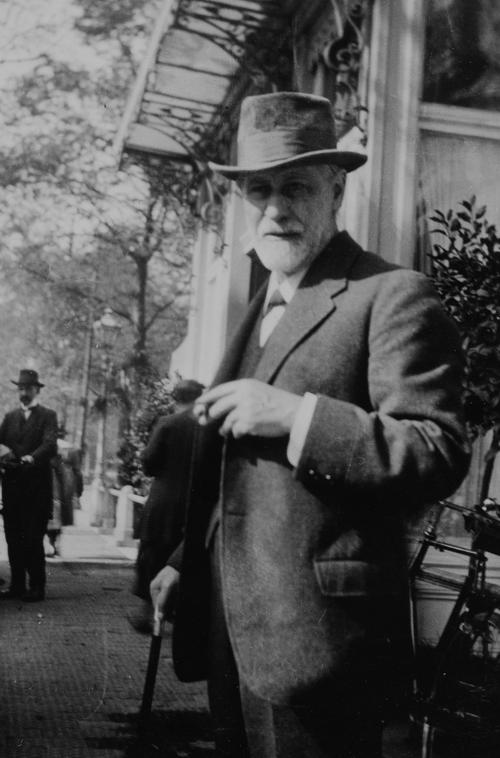
‘Neuroses threaten public health no less than tuberculosis’
Freud’s famous ‘Budapest speech’ in 1918 marked the beginning of psychoanalytic social engagement and mental health advocacy. Since then, generations of analysts have volunteered to offer free or low-fee treatment to those most in need. They have also developed specialist community interventions and made vital contributions to the fields of education, social work, nursing, and law.
This spirit has been ever-present during the COVID-19 pandemic. Trauma interventions, reflective work with medical staff and key workers, organizational consultations for clinical management, and services for the most vulnerable are just some of the many ways in which psychoanalytic practitioners have been supporting public health. Amid the global emergency they have created spaces for clear thinking, which has allowed many to work through overwhelming emotions and defences.
The experimental idea of online therapy has been a new, complex experience for most patients and clinicians. But the uncanny absence of each other’s physical presence has sometimes uncovered previously unexplored inner realities. It has also necessitated discussions on clinical theory and technique, which will have a lasting impact on the future
of psychotherapy.